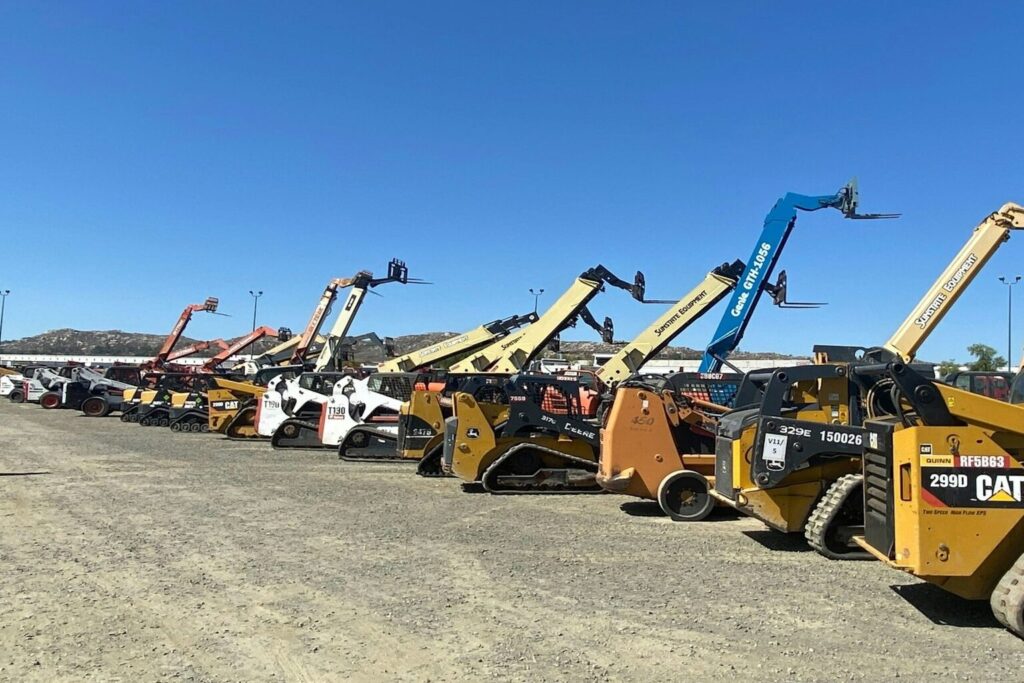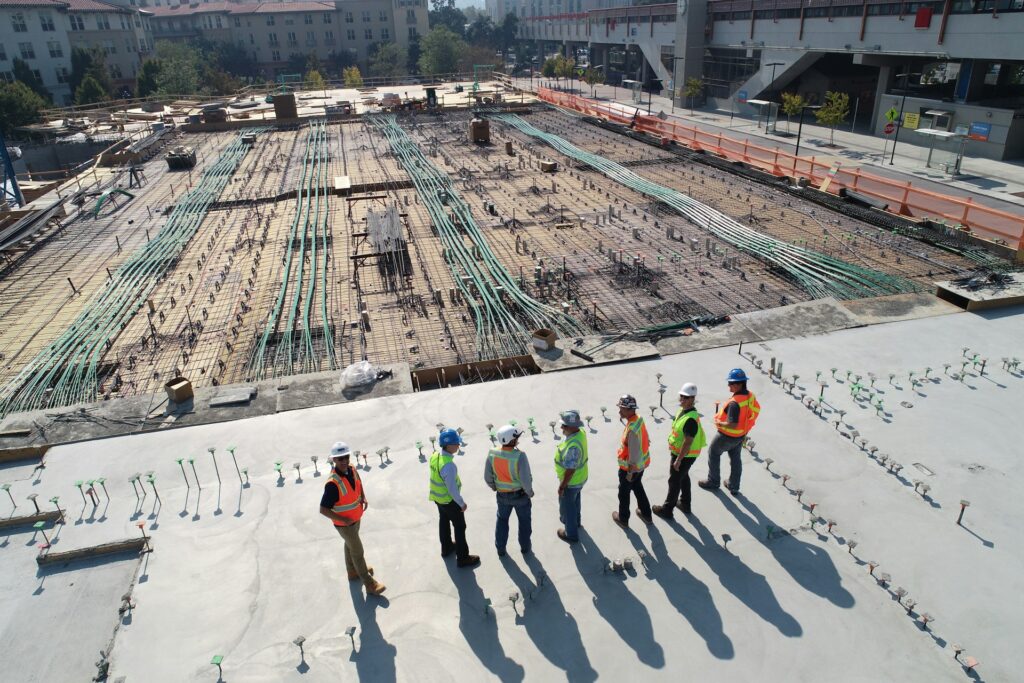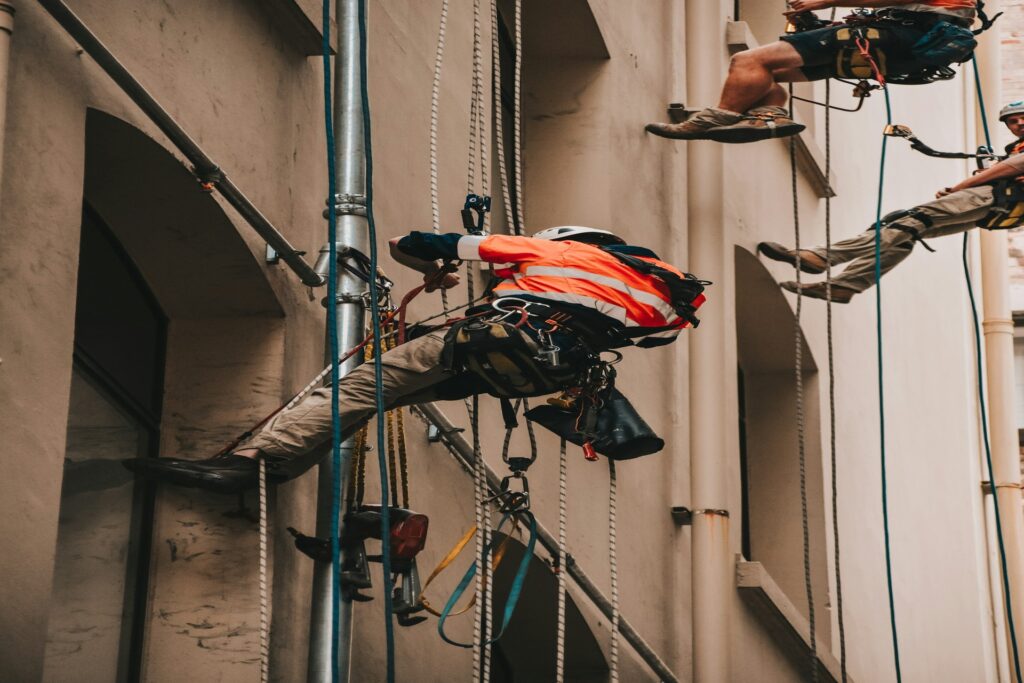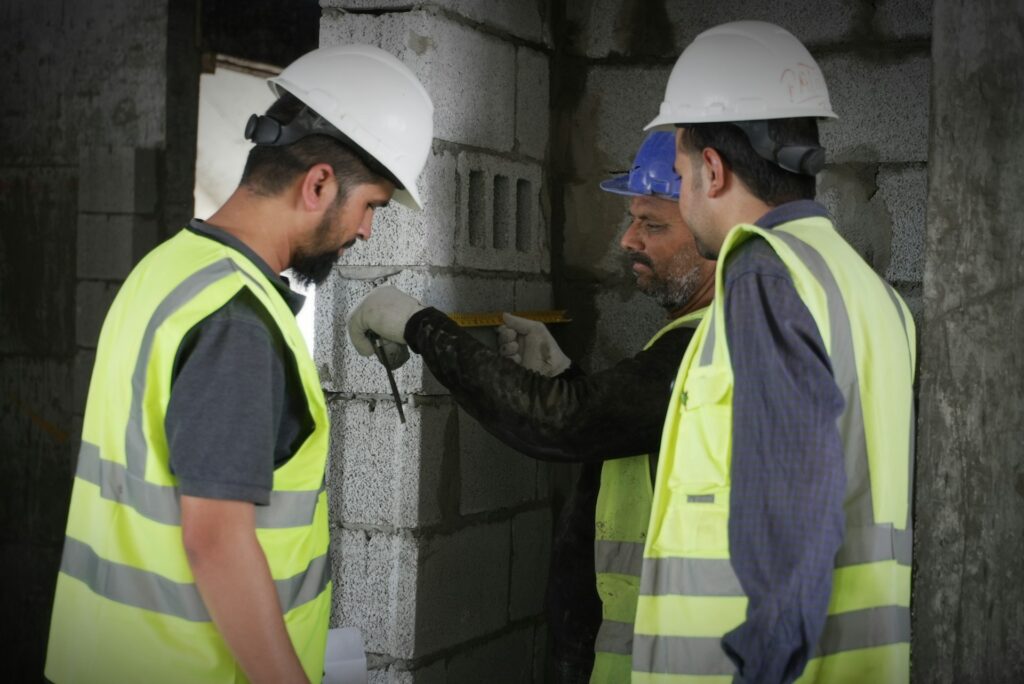
We are reader-supported. When you buy through links on our site, we may earn an affiliate commission.
Construction bonds are guarantees. In the United States and Europe, public construction projects may legally require specific types before you can bid. Large private project owners may also demand them to protect their best interests. Some American states mandate construction companies to post bonds when handling deals above a certain cost threshold.
These commercial contracts are surety bonds — contract surety bonds, to be specific. They involve three parties — the principal, the obligee and the surety company. You are the principal, and the obligee is the project owner.
What Is a Surety Company?
Surety companies are generally subsidiaries or divisions of insurance carriers. State insurance commissioners permit them to operate within the jurisdiction where they can issue the construction bond.
Surety bonds and insurance policies are risk-transfer arrangements. Traditional insurance is a two-party contract, while a surety bond adds a neutral third party to the mix.
Who Benefits From Construction Bonds
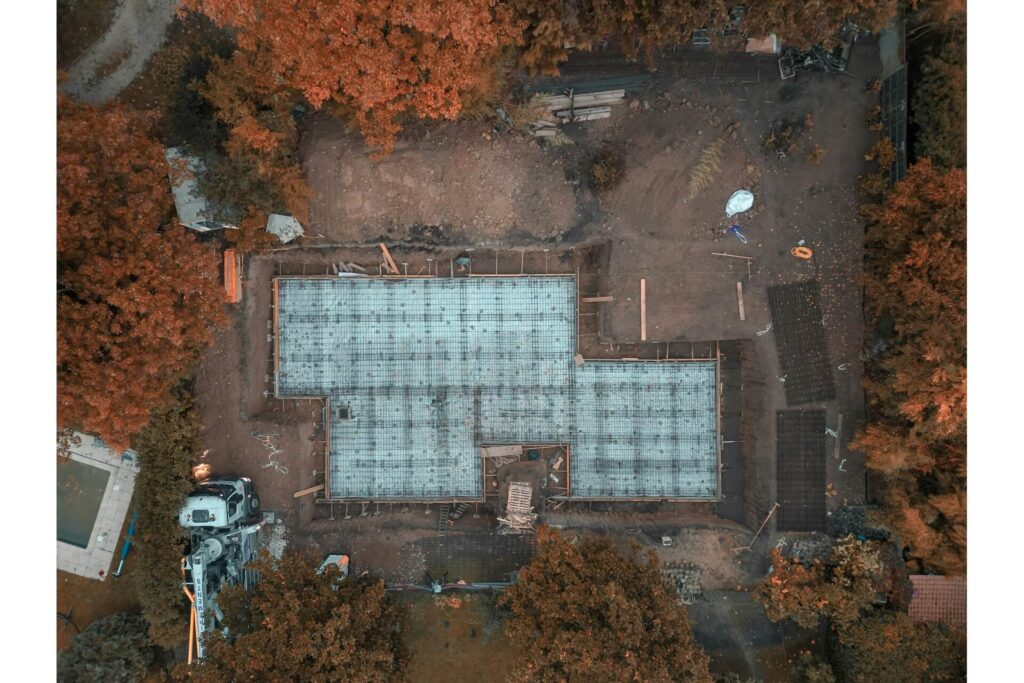
Similar to construction insurance policies, construction bonds benefit everyone. In a contract surety bond, the coverage recipient is the project owner. The surety company would step in to prevent your failure from financially affecting the obligee.
On the other hand, construction insurance covers you, the insured party — whether you work as a general contractor or a subcontractor — from perils. This product shields you from financial loss when a covered incident, like an act of God or a worksite accident, results in injury or property damage.
Surety companies pay out when you breach the contract. Conversely, construction insurance providers write a check whenever a covered event occurs as spelled out in the policy, whether you fulfill your contractual obligations or not.
You usually have to pay your bond premium once and up front. In contrast, your insurance premiums are regular bills as long as the policy is active.
How Many Types of Bond Are in Construction?
The exact number depends on the source. Although some are more prominent than others, each has unique merits. These 10 are the types you may encounter and have to buy at various stages of the project.
1. Bid Bond
This construction bond applies when you win a bid but fail to follow through. It’s generally the first one you get because you must submit it to the project owner to lend more credibility to your proposal when you bid.
2. Advance Payment Bond
This bond is necessary when the project owner makes a down payment to the contractor to cover the cost of supplies. It may be necessary when a construction company has to order or pay for raw materials before fabrication.
This construction bond serves as a promise to pay, ensuring your client gets their money back if you fail to deliver the goods or use them accordingly in the project.
If your supply chain partners don’t keep their end of the bargain, you may require them to carry supply bonds. This way, you have recourse to recoup your payment to them when they disappear on you or fall short of the purchase order’s requirements.
3. Performance Bond
This surety replaces the bid bond after commencing construction. It compensates your client when you underperform by not fulfilling the project contract’s terms and conditions. A performance bond kicks in when you do subpar or defective work.
4. Completion Bond
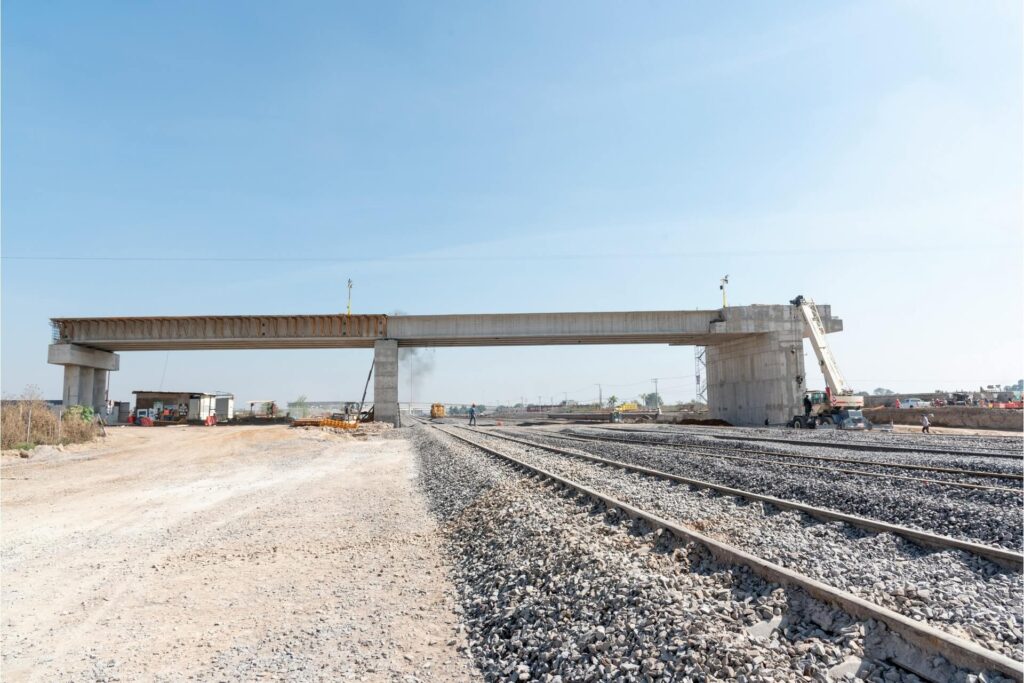
This bond usually goes in tandem with a performance bond. It assures your client that you complete the job on schedule without costing more than the agreed-on price.
This surety helps protect the property owner from unexpected financial headaches, like claims on the property by unpaid specialty contractors or suppliers. It helps eliminate the need to purchase a mechanics lien bond to get rid of a potential cloud on the title.
5. Labor and Material Payment Bond
This bond provides your employees, subcontractors and suppliers the assurance that they’ll receive their cash if you don’t keep your word. The surety company takes over your payment obligations if you file for bankruptcy or empty your coffers while working on a project.
6. Contractor License Bond
This construction bond is a requirement to legally ply your trade in a jurisdiction, even if you primarily deal with relatively smaller residential construction projects such as renovations, remodels, restorations, additions and extensions. A state or municipality may set a minimum bond to grant you a license, legitimizing your operations in your intended service area.
Marketing yourself as a bonded contractor enables you to distinguish your business from dubious companies that want to steal customers from you. It can help reverse any perception of untrustworthiness toward your organization by preaching the value of a construction bond to your target market.
7. Maintenance or Warranty Bond
This surety takes the place of the performance bond after finishing the project. It remains in force for a specified period, giving the property time to manifest defects resulting from workmanship errors.
If a flaw develops within the bonding period and you fail to fix it for good, the surety company will release funds your client can use to hire another contractor to take care of the job.
8. Site Improvement Bond
This bond applies to public property renovations — a requirement before pulling the necessary permit to begin construction. It prevents taxpayers from footing the bill if you don’t comply with the contract’s specifications because the financial burden shifts to the surety company.
9. Subdivision Bond
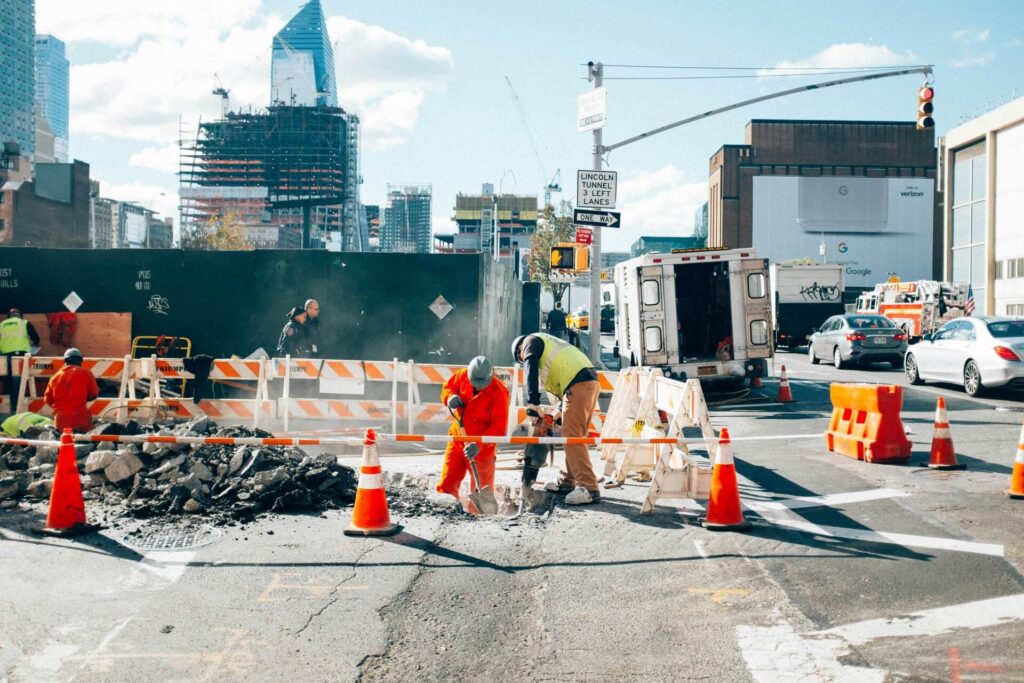
This surety applies to improvements to subdivided public properties during the new construction phase. Your client may require a specific subdivision bond amount and a date to ensure you finish the job on time and according to stringent agreed-on standards.
If you fail to meet the project’s legal and technical requirements, the government entity can seek just compensation and prompt you to file an adequate claim. Your surety company pays up to fund another contract with a different vendor that can complete the job to a tee.
10. Retention Bond
This bond guarantees that you will receive the portion of the contract price withheld by your client until you finish the project. You should get the retention money after the project owner accepts your work.
Securing Business With Construction Bonds
Posting a construction bond doesn’t mean you get a pass for doing bad work. It’s your business expense whether the obligee claims it or not, plus you must convince a surety company to sign off on your guarantee. Although you can’t avoid required bonds to win construction contracts legitimately, use them as a means to an end — that is to grow your business and build a solid reputation in the industry.
Original Publish Date 3/8/2023 — Updated 10/4/2024





